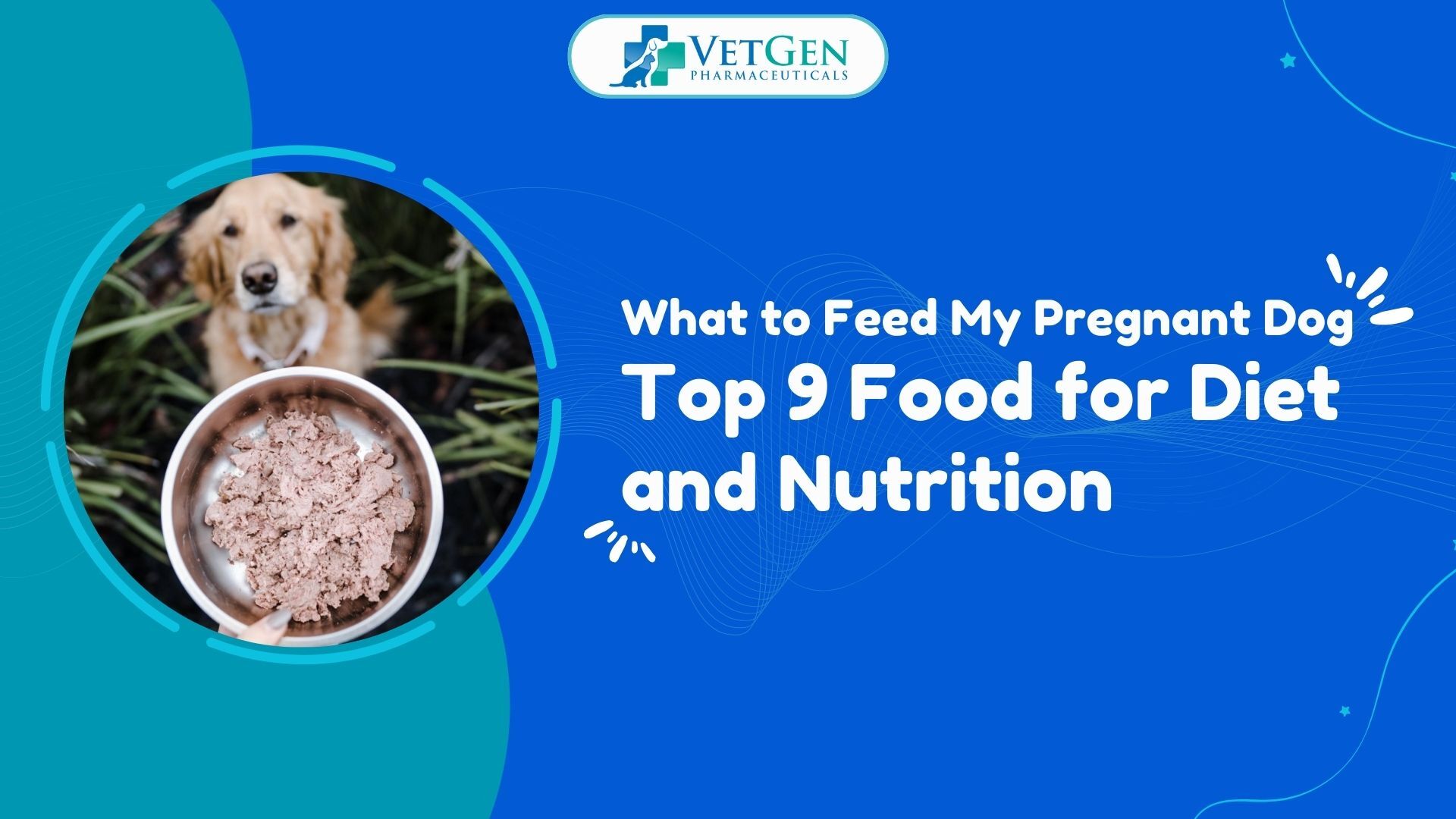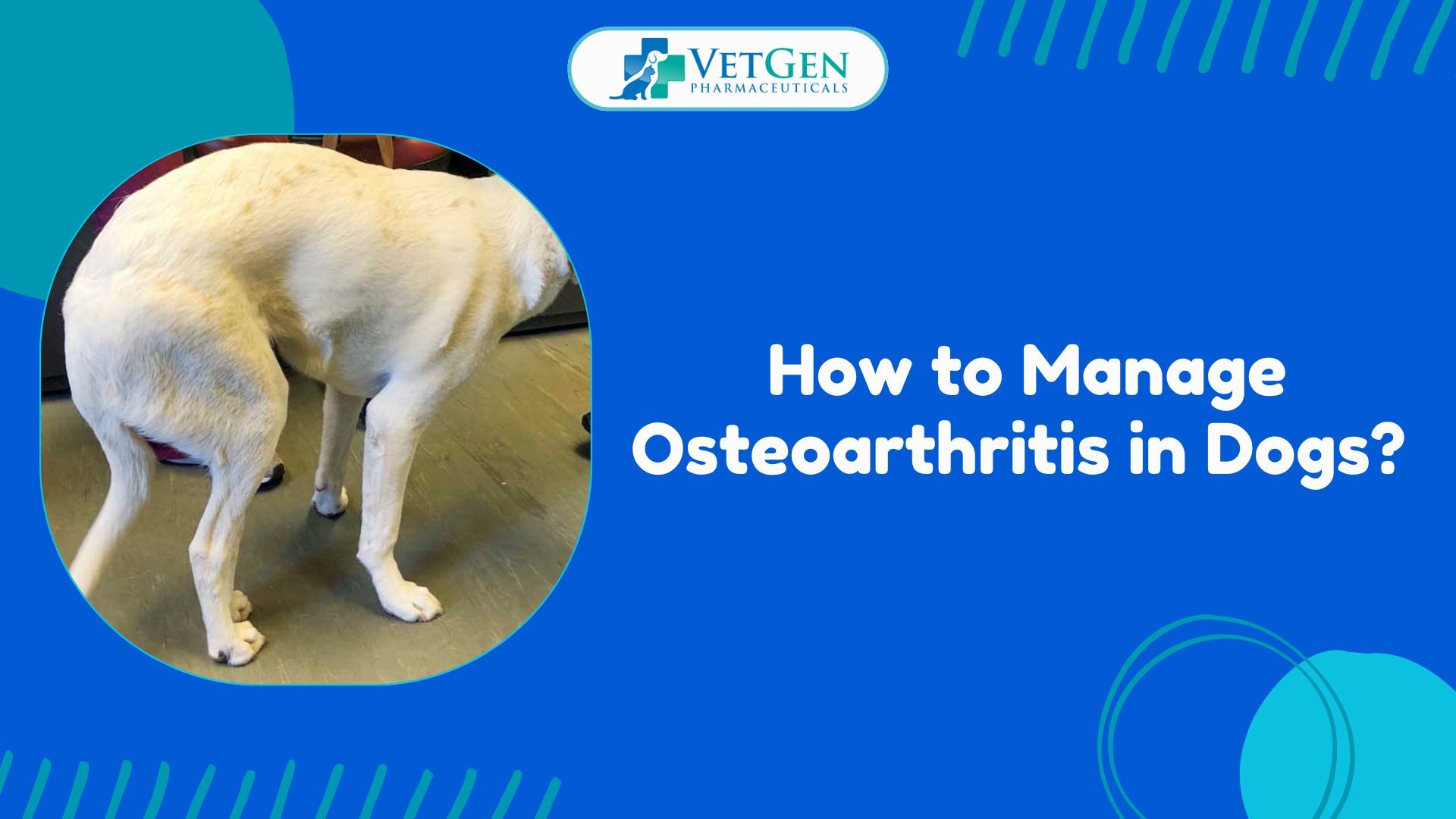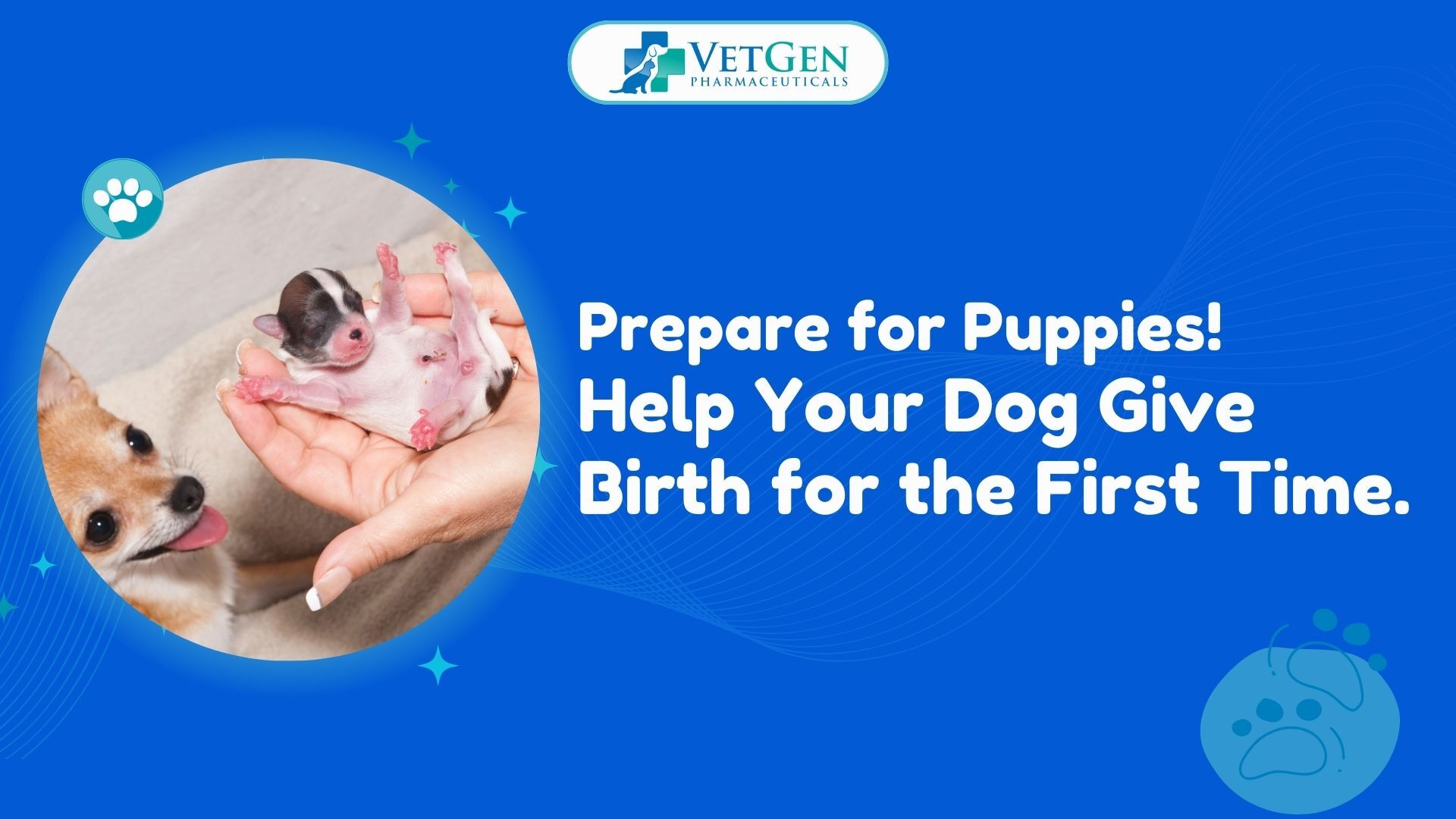Table of Contents
A pregnant dog requires a special diet to ensure that she is healthy and her puppies are healthy when they are born. Proper feeding is important to provide her with the energy, protein, vitamins, and minerals needed for a problem-free pregnancy and litter. Now, let’s take a look at what foods should be offered to her and some useful feeding tips.
1. High-Quality Puppy Food
Change your pregnant dog’s food to a premium puppy food during pregnancy. Puppy food contains higher amounts of protein, fat and other nutrients which are suitable for her growing puppies.
Why It’s Great: Puppy food is also packed with calories, so your dog can get the extra energy she requires without consuming a large quantity of food.
When to Start: Slowly change her diet during the first few weeks of pregnancy to prevent stomach issues.
2. Lean Protein Sources
Protein is needed for the growth of the puppies and to help the mother retain her muscle mass. Ensure she takes foods rich in lean meats such as chicken, turkey, and fish.
How to Serve: Ensure that the meat is well cooked to eliminate any bacteria that may be present and do not add seasoning such as salt, spices or any form of seasoning.
3. Eggs
Eggs are one of the richest sources of nutrition for the pregnant dog. They are packed with protein, good fats, and unrefined amino acids.
How to Serve: Eggs should be cooked (scrambled or boiled) to reduce the risk of salmonella. Do not consume raw eggs because they hinder the absorption of biotin.
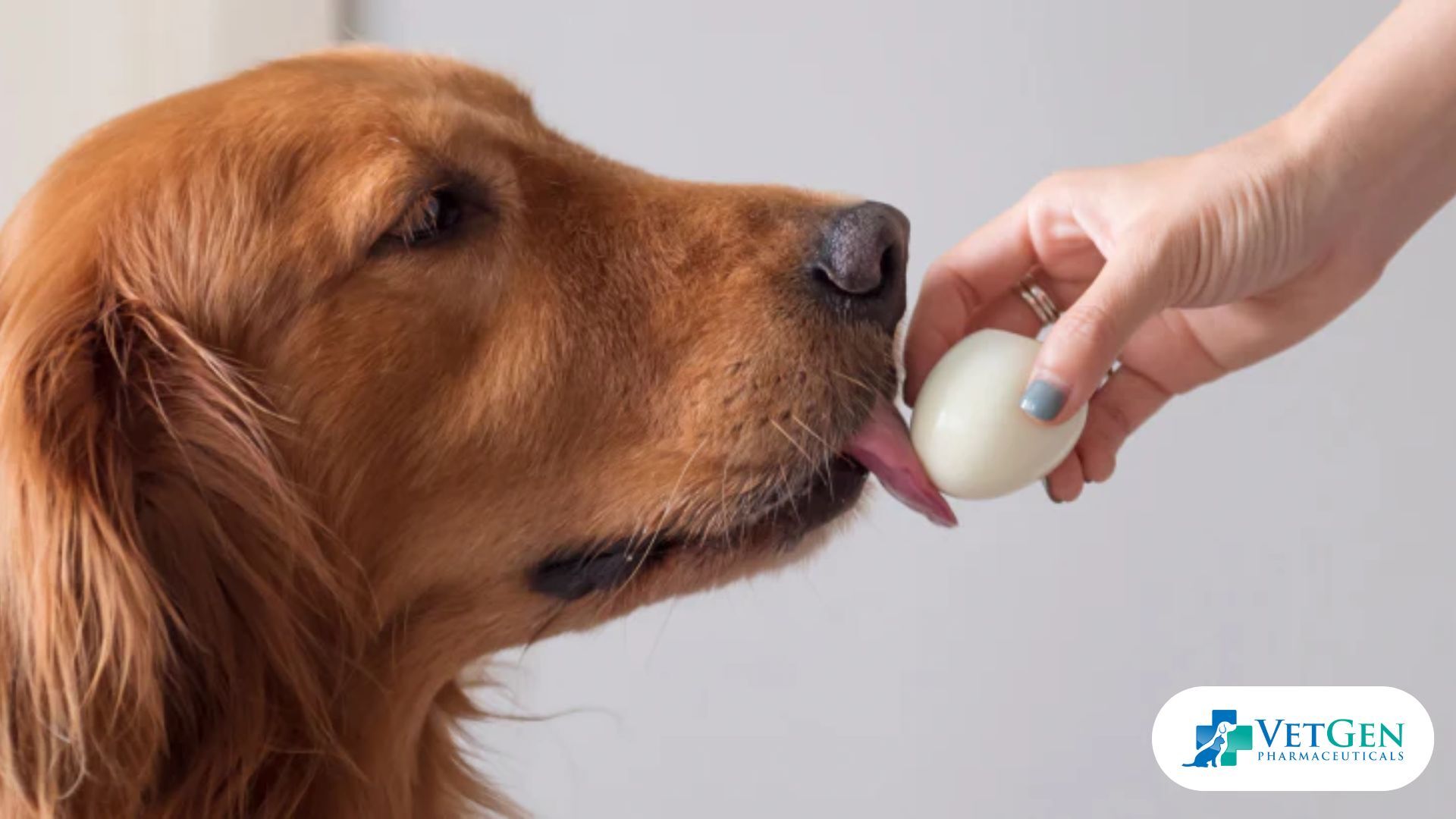
4. Omega-3 Fatty Acids
Fish or fish oil supplements containing omega-3 fatty acids are useful in the development of the puppies’ brains, eyes, and nervous systems. Omega-3s also decrease inflammation and enhance the skin and coat of the mother.
What to Use: Feed her a small portion of cooked salmon or mix a fish oil supplement recommended by the veterinarian into her diet.
5. Cottage Cheese or Plain Yogurt
Cottage cheese and plain yogurt are good examples of foods that contain calcium and protein. Calcium is very essential during pregnancy to ensure that the bones of the puppies are strong and the mother does not develop a calcium deficiency.
Serving Tip: Feed these as a snack or mix them with the dog’s regular food in small portions. Consuming too much dairy products leads to stomach issues.
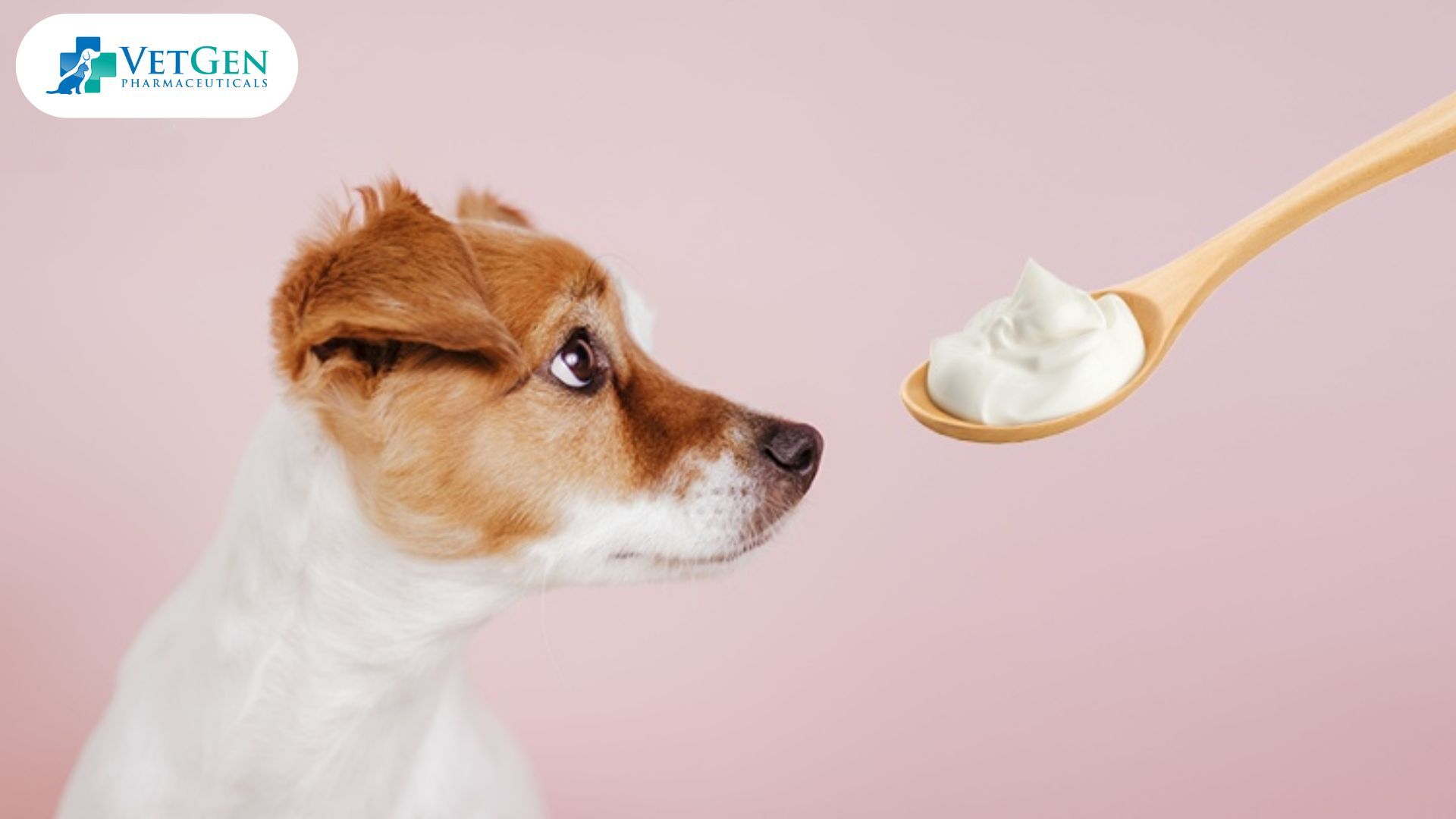
6. Leafy Greens and Vegetables
Adding spinach, kale, and carrots gives the body the necessary vitamins, fiber, and antioxidants it needs. These nutrients help her to fight diseases and also help in digestion.
How to Prepare: Vegetables should be cooked or steamed to make them easier to digest. Cut them into tiny portions or puree them into her foods.
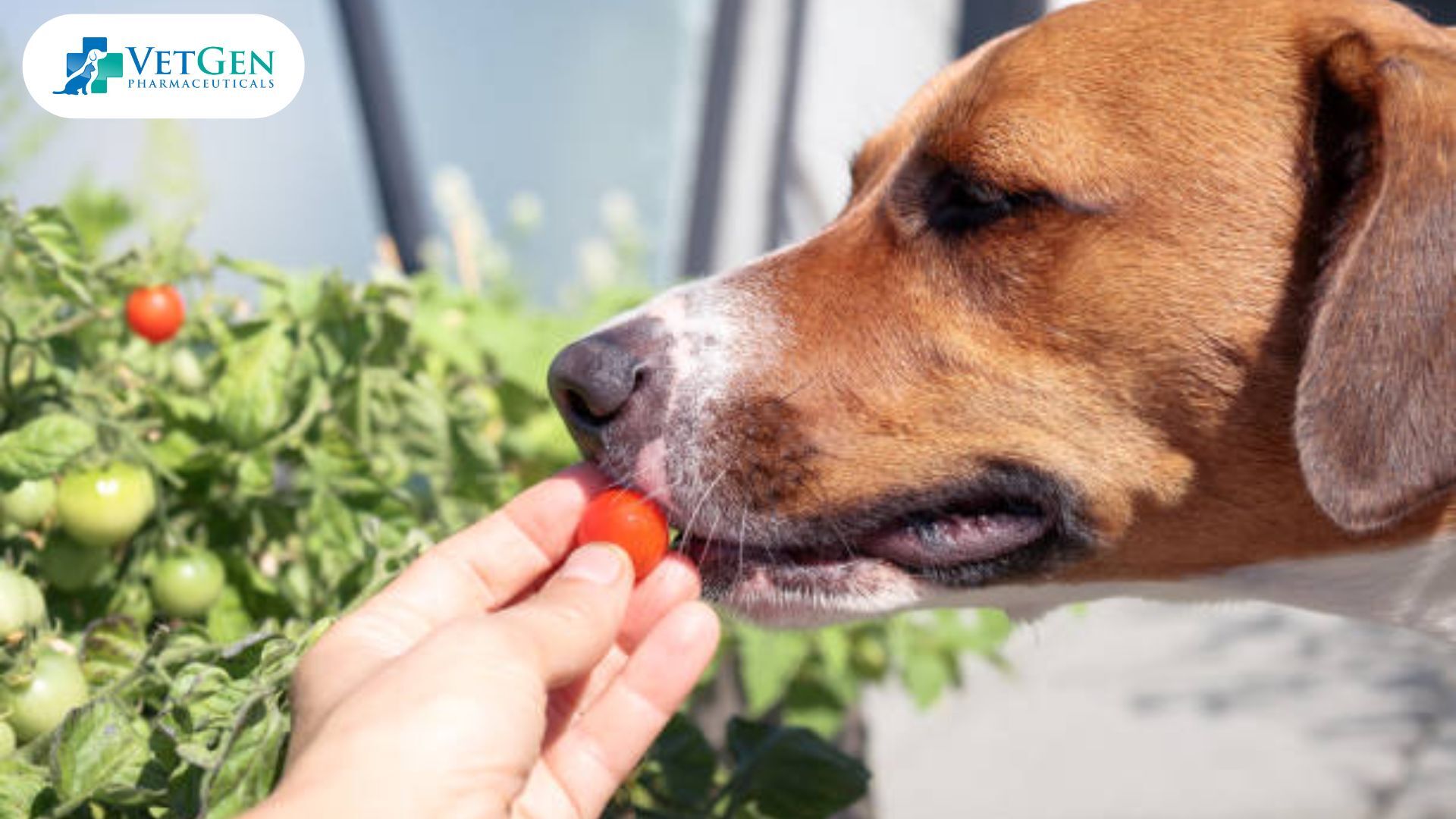
7. Whole Grains
Complex carbohydrates such as brown rice, quinoa or oatmeal are sources of energy. They also have fiber for digestion and B vitamins for general well being.
Serving Tip: Ensure grains are well cooked and then combined with proteins to make a meal.
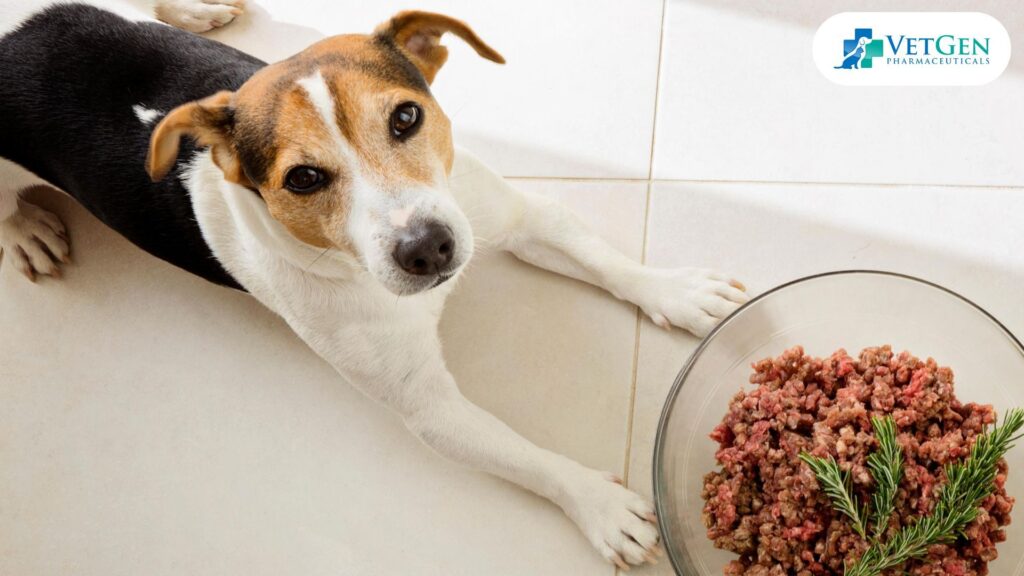
8. Organ Meats
Offal such as liver and kidney contain high amounts of iron, vitamin A and other vitamins and minerals. These help to maintain blood production and health of the mother during pregnancy.
Caution: Organ meats should be fed sparingly because too much vitamin A is toxic.
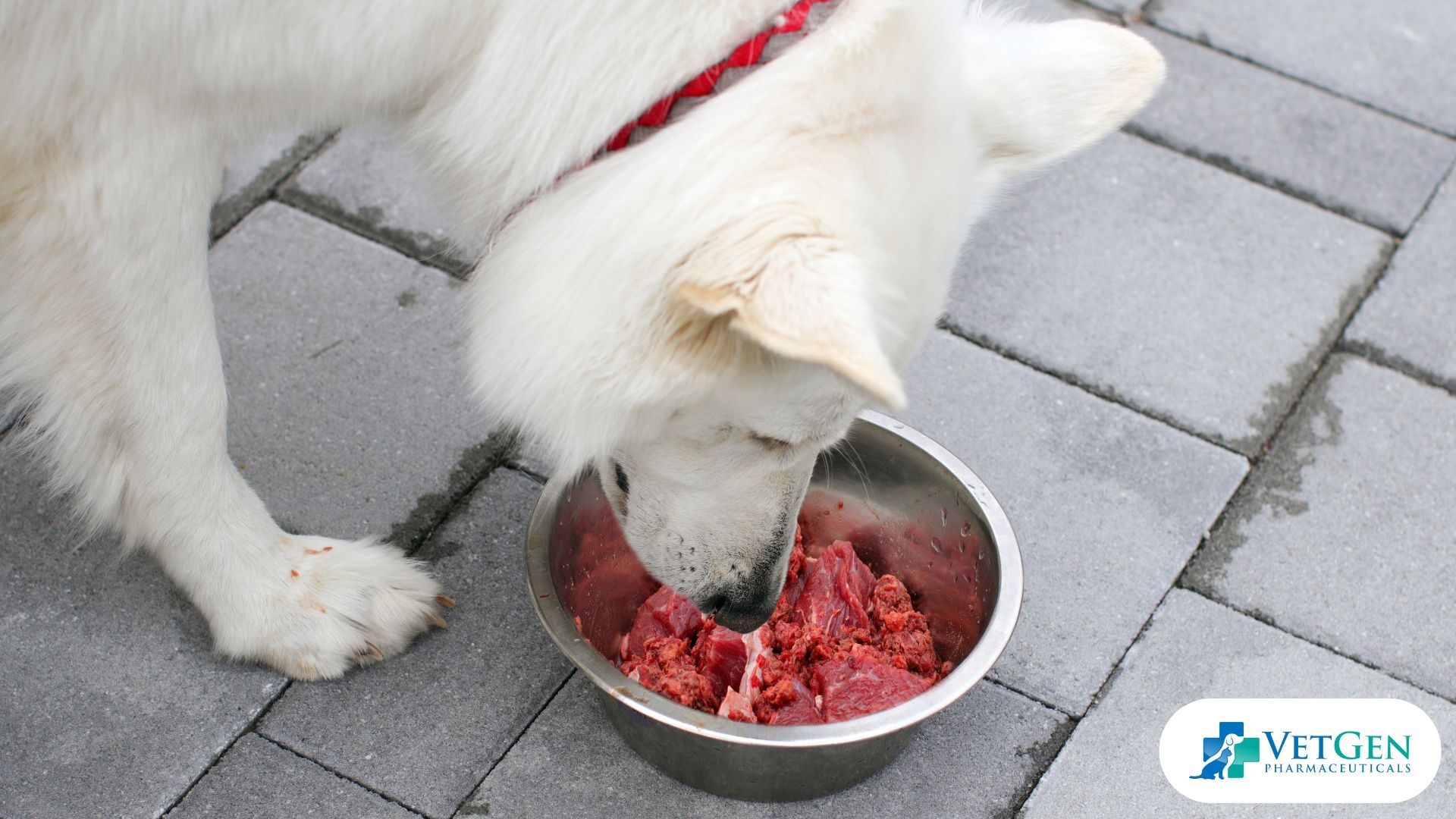
9. Vet-Recommended Supplements
In some cases, your dog may need additional supplements, such as:
- Calcium: To avoid eclampsia which is a dangerous condition that results from low calcium levels during breastfeeding.
- Folic Acid: For the purpose of promoting fetal health.
- Fish Oil: For omega-3 fatty acids.
It is always advisable to consult the vet before introducing supplements to the diet of your female dog.
Feeding Tips for Your Pregnant Dog
Small Portions and More Often
During pregnancy, your dog will start to show and as this happens, she will not be able to eat as much as before. Feed her in small portions more often so that she does not feel bloated and at the same time she takes enough calories.
Increase Portions Gradually
In the first few weeks, the caloric requirement of your dog will be almost the same as it was before pregnancy. In the last three weeks of pregnancy, her calorie intake should be increased by 30-50%.
Keep Fresh Water Available
Pregnant dogs require water. Make sure she has clean fresh water to drink at all times.
Avoid Harmful Foods
Do not feed your dog foods that are poisonous to them including chocolate, grapes, onions, and raw bones. Also, do not give her raw or undercooked meats and eggs because they contain bacteria that are dangerous for her.
Monitor Her Weight and Health
Make sure she is putting on weight in the right manner. Overweight can cause problems during delivery while underweight can hinder the growth of the puppies.
Pregnancy Diet: Foods to Avoid
- Raw Meat or Fish: May contain pathogenic bacteria such as salmonella or parasites.
- Caffeine: It is toxic to dogs and should not be given at all.
- Excessive Salt or Seasonings: May cause an upset stomach or even lead to dehydration.
- Processed Foods or Junk Food: These are nutritionally poor and can lead to unnecessary weight gain.
Conclusion
Proper nutrition for your pregnant dog is one of the ways that will help her to stay healthy and prepare for the litter. When you feed her with quality puppy food, lean protein and natural nutrients, she will be able to have the energy she requires during this period.
Always seek advice from your veterinarian regarding your dog’s diet and any special requirements that your pet may require. If properly taken care of, you will soon be welcoming a litter of happy and healthy puppies into your home.


